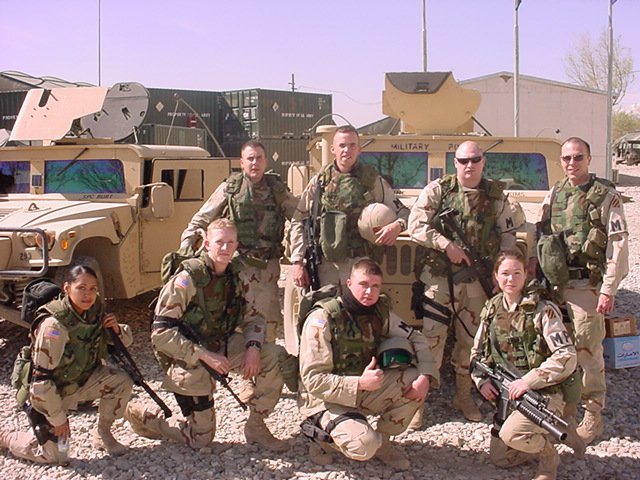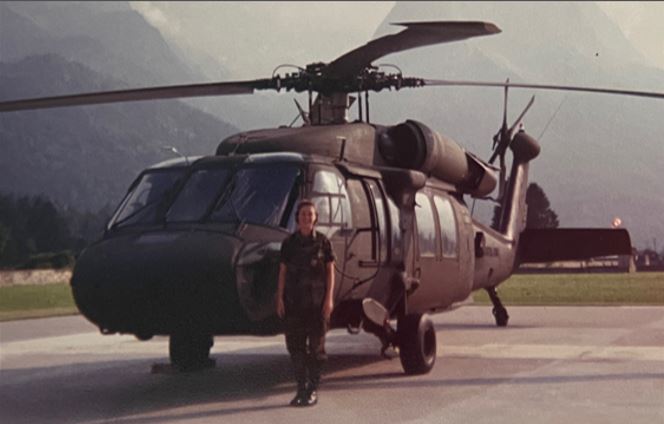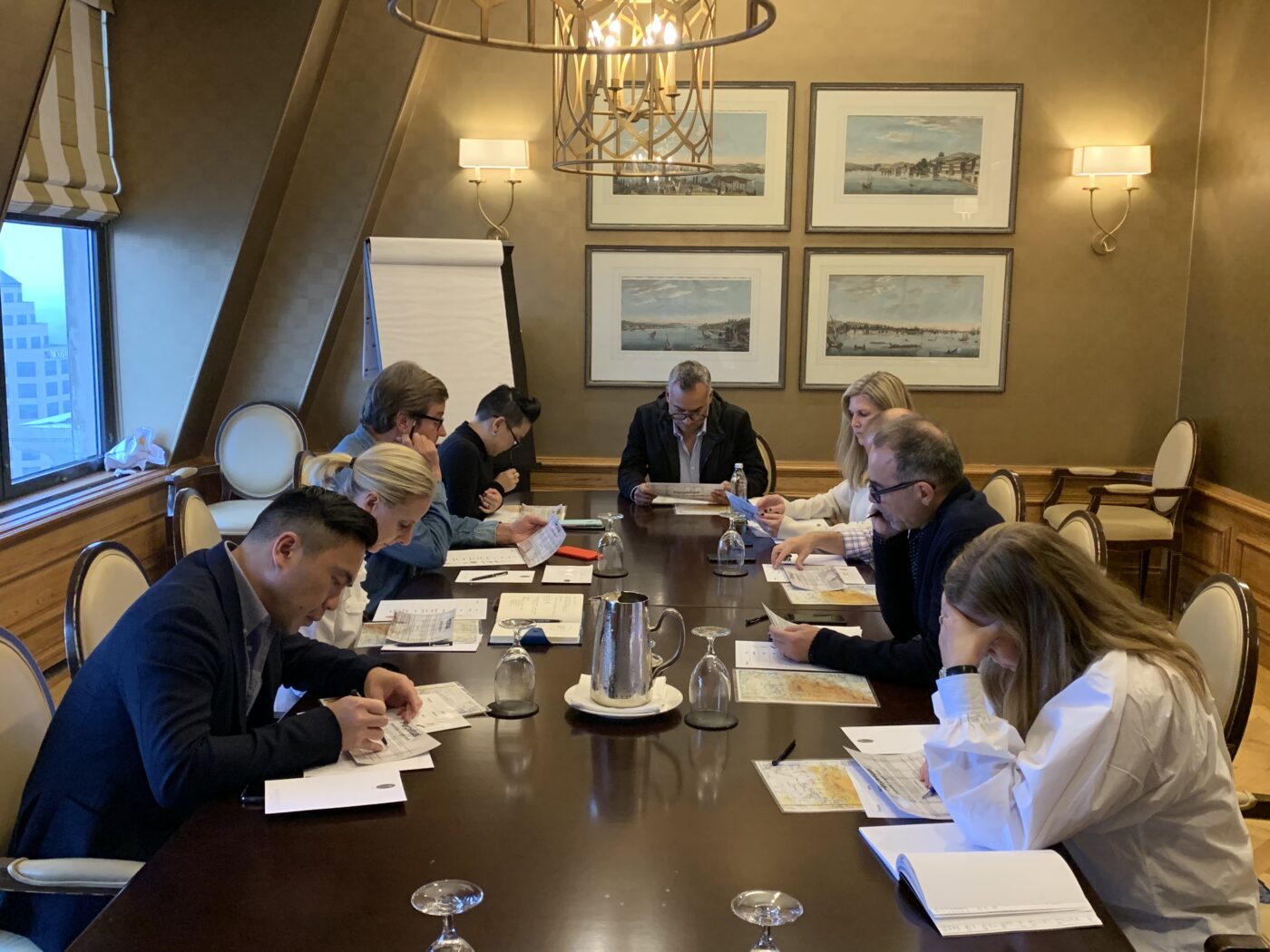Can you share with us how your background as a West Point graduate, former Army Officer, and Afghanistan Veteran has shaped your approach to leadership and talent development in your current role as Senior Director at Perpetual?
Absolutely. My military experience laid the foundation of my leadership philosophy. The combination of being a West Point graduate, serving as an Army Officer, and deploying to places like Afghanistan instilled in me the importance of adaptability, resilience, and the ability to lead in diverse and challenging environments. These experiences have translated into my current role at Perpetual, where building and cultivating human-centric, high-performing cultures is at the core of what we do. The military taught me the value of people, teamwork, and the critical role leadership plays in achieving objectives – principles that are just as applicable in the corporate world and in business as they are in the Army.
Given your extensive experience leading high-performing people and organizations, what key insights have you gained about effective leadership development?
Two key insights I’ve learned: continuous learning and psychological safety.
Continuous learning and humility are critical to be an effective leader. Leadership is not a static skill set, nor is it something that some people are just born knowing how to do. It evolves with each challenge and experience, and it is a skill that can be learned and practiced. I emphasize a growth mindset and encourage leaders to seek out opportunities for development, whether through formal training programs or experiential learning. Additionally, fostering a culture that values mentorship and feedback is crucial. Leaders should have the humility to learn from those they lead and create an environment that supports ongoing development.
An environment that supports learning and growth is an environment wherein team members feel psychologically safe. Leaders play a crucial role in creating a culture of safety. Psychological safety is the bedrock of innovation, collaboration, and overall employee well-being. When leaders prioritize and create an atmosphere of trust and openness, team members are more likely to express their ideas, share concerns, do their best work, and take risks without fear of judgment or reprisal. This sense of psychological safety empowers employees to be authentic, which, in turn, enhances creativity and problem-solving. Additionally, it contributes to a positive workplace culture, boosts morale, and encourages continuous learning. Ultimately, leaders who prioritize psychological safety pave the way for resilient and high-performing teams, fostering an environment where individuals can thrive both personally and professionally.

Having transitioned from a military career to various corporate roles in manufacturing, physical security, and financial services, how has your diverse professional background influenced your approach to talent optimization, especially in such distinct industries?
Each industry brings its own set of challenges and opportunities. My diverse background has taught me the importance of understanding the unique dynamics of each sector – and also emphasized that the fundamental principles of leadership apply everywhere. It’s about adapting leadership and talent strategies to align with the specific needs and cultures of the organization while remaining focused on providing clarity, safety, and tools that align with organizational outcomes. Regardless of industry, the fundamentals of effective leadership remain the same: the best leaders equip and empower team members to do their best work. The practical application of leadership may differ, which is why flexibility is key to optimizing talent successfully.
As an award-winning leadership educator, how do you see the role of women in leadership evolving, and what steps can organizations take to foster the development of female leaders, particularly in male-dominated industries?
The evolution of women in leadership is encouraging, but there is still work to be done. Organizations need to proactively address gender biases and provide environments in which anyone who wants to lead is empowered to do so. Establishing mentorship programs, providing leadership training specifically tailored for women, and creating inclusive environments are crucial steps. It’s also essential to challenge stereotypes and promote diversity in leadership roles. The more we dismantle barriers, the more we empower women to thrive in leadership positions, regardless of industry.

Given your extensive experience as an executive coach, how does your coaching practice specifically support and guide women leaders, and what unique challenges do you see them facing in the corporate world?
My coaching practice places a strong emphasis on empowering women leaders to navigate the challenges that are unique to women in leadership, including gender biases, gender-based conditioning, and the mental and physical load associated with the “second shift.” I work with women leaders to develop their own authentic leadership styles, identify and operate in their strengths, avoid that which is not personally aligned for them to avoid over-obligation and burnout, and develop an integrated, whole-life approach to their performance, impact, and sense of meaning. We work to overcome obstacles like limiting beliefs, imposter syndrome, and societal expectations that impact them both professionally and personally. It’s about equipping them with the tools and mindset needed to succeed in their roles and in their lives.
As someone who has lived internationally in both Europe and Asia, how has your global perspective influenced your approach to leadership and talent development, and what lessons can leaders draw from embracing a more global mindset in today’s interconnected business environment?
Living internationally has broadened my understanding of cultural nuances and the importance of embracing diversity. In today’s interconnected world, leaders must recognize that effective leadership requires them to be deliberately inclusive. This means appreciating and leveraging the richness that diverse perspectives bring to the table. It’s about fostering a global mindset within the organization, encouraging cross-cultural collaboration, and adapting leadership approaches to resonate with different cultural norms. This not only enhances talent development but also contributes to the overall success and adaptability of the organization in a global context.










